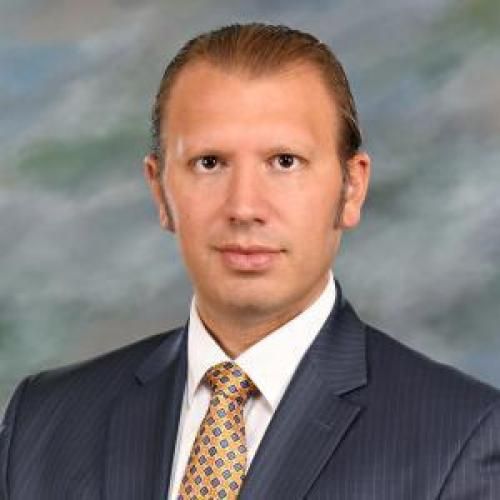Examination of Adult Spinal Deformity Patients Undergoing Surgery with Implanted Spinal Cord Stimulators and Intrathecal Pumps.
STUDY DESIGN: Retrospective cohort study of a prospectively collected multi-center database of adult spinal deformity (ASD) patients. OBJECTIVE: We hypothesized that patients undergoing ASD surgery with and without previous spinal cord stimulators (SCS)/ intrathecal medication pumps (ITP) would exhibit increased complication rates but comparable improvement in health-related quality of life. SUMMARY OF BACKGROUND DATA: ASD patients sometimes seek pain management with SCS or ITP before spinal deformity correction. Few studies have examined outcomes in this patient population. METHODS: Patients undergoing ASD surgery and eligible for 2-year follow-up were included. Preoperative radiographs were reviewed for the presence of SCS/ITP. Outcomes included complications, Oswestry Disability Index (ODI), Short Form-36 Mental Component Score, and SRS-22r. Propensity score matching was utilized. RESULTS: In total, of 1034 eligible ASD patients, a propensity score-matched cohort of 60 patients (30 with SCS/ITP, 30 controls) was developed. SCS/ITP were removed intraoperatively in most patients (56.7%, n = 17). The overall complication rate was 80.0% versus 76.7% for SCS/ITP versus control (P > 0.2), with similarly nonsignificant differences for intraoperative and infection complications (all P > 0.2). ODI was significantly higher among patients with SCS/ITP at baseline (59.2 vs. 47.6, P = 0.0057) and at 2-year follow-up (44.4 vs. 27.7, P = 0.0295). The magnitude of improvement, however, did not significantly differ (P = 0.45). Similar results were observed for SRS-22r pain domain. Satisfaction did not differ between groups at either baseline or follow-up (P > 0.2). No significant difference was observed in the proportion of patients with SCS/ITP versus control reaching minimal clinically important difference in ODI (47.6% vs. 60.9%, P = 0.38). Narcotic usage was more common among patients with SCS/ITP at both baseline and follow-up (P < 0.05). CONCLUSION: ASD patients undergoing surgery with SCS/ITP exhibited worse preoperative and postoperative ODI and SRS-22r pain domain; however, the mean improvement in outcome scores was not significantly different from patients without stimulators or pumps. No significant differences in complications were observed between patients with versus without SCS/ITP.Level of Evidence: 3.
Duke Scholars
Published In
DOI
EISSN
Publication Date
Volume
Issue
Start / End Page
Location
Related Subject Headings
- Treatment Outcome
- Spinal Cord
- Scoliosis
- Retrospective Studies
- Quality of Life
- Postoperative Period
- Pain
- Orthopedics
- Humans
- Adult
Citation
Published In
DOI
EISSN
Publication Date
Volume
Issue
Start / End Page
Location
Related Subject Headings
- Treatment Outcome
- Spinal Cord
- Scoliosis
- Retrospective Studies
- Quality of Life
- Postoperative Period
- Pain
- Orthopedics
- Humans
- Adult


